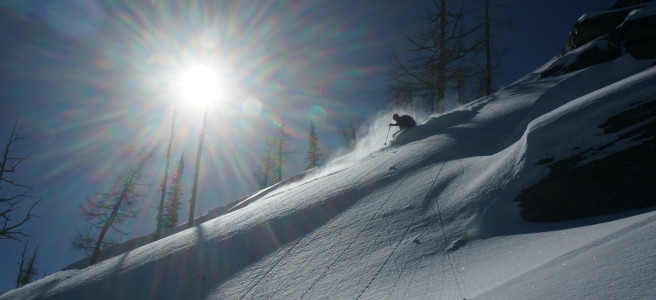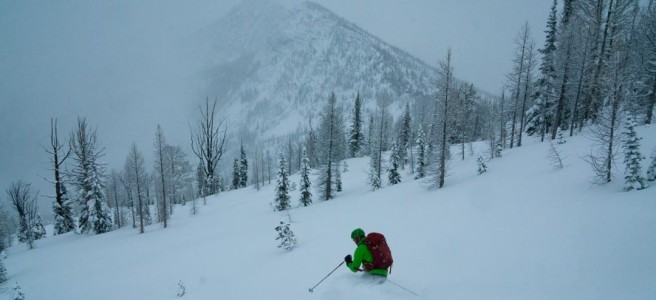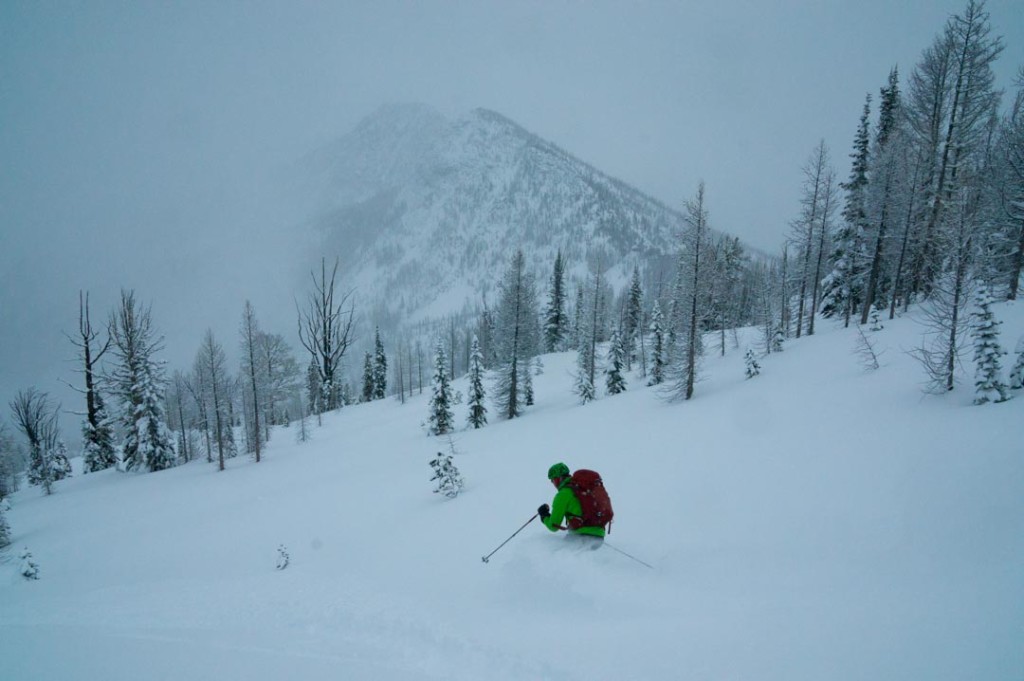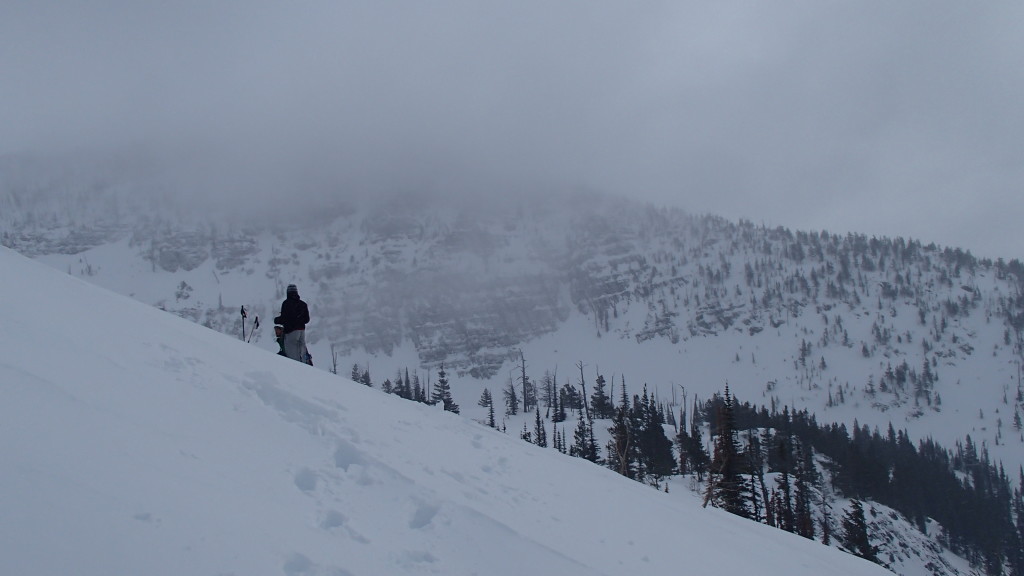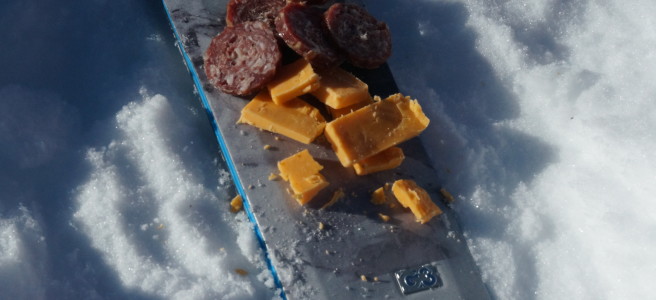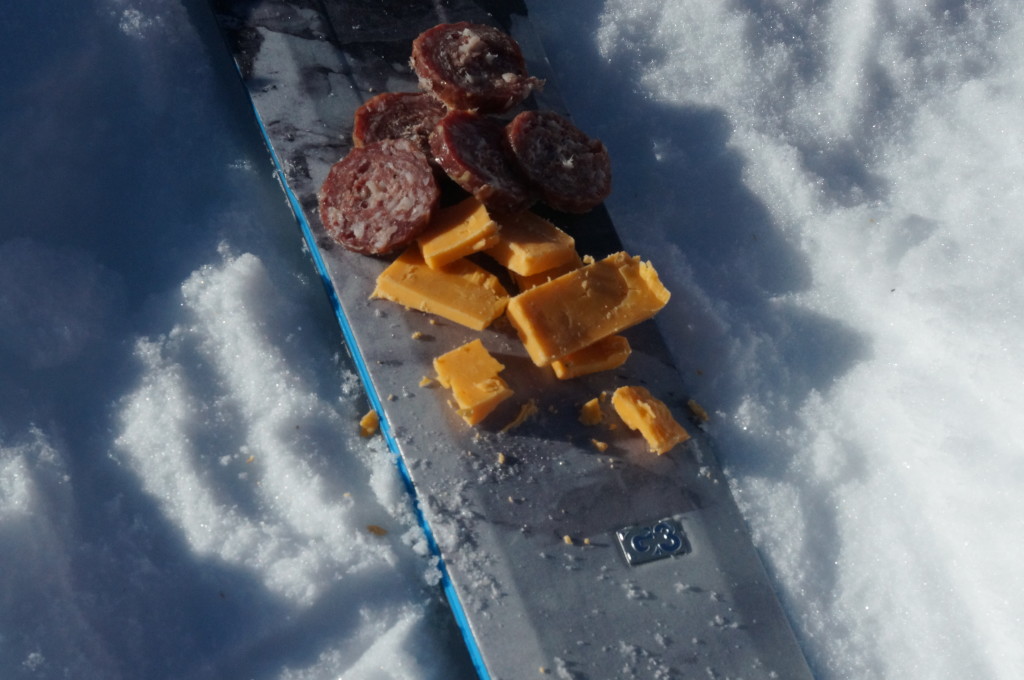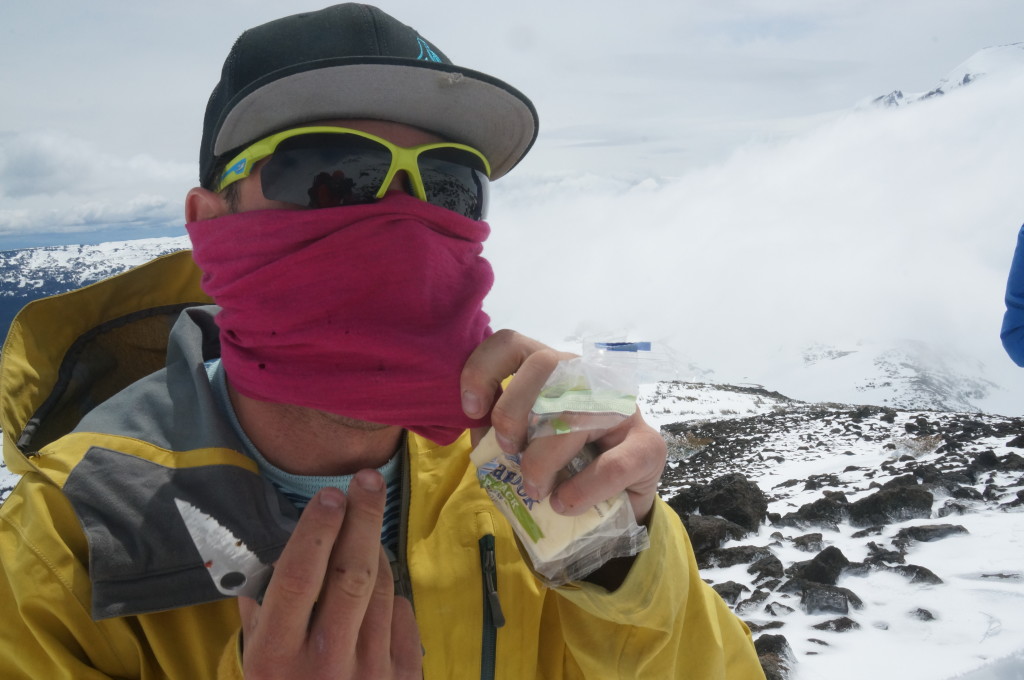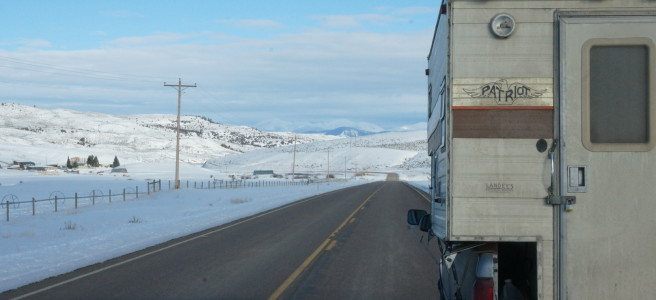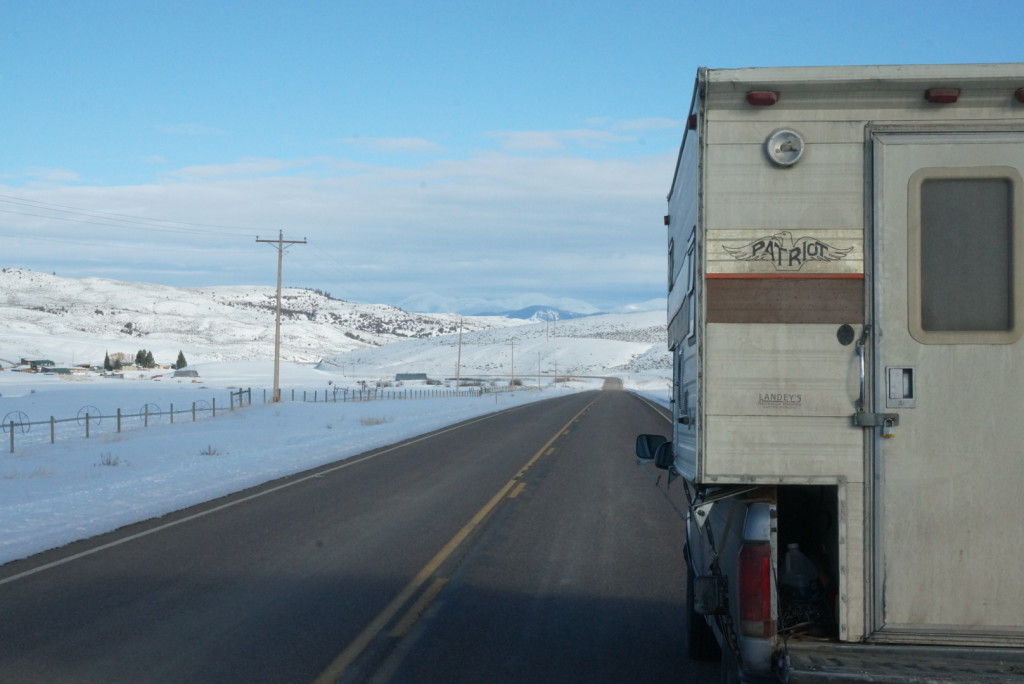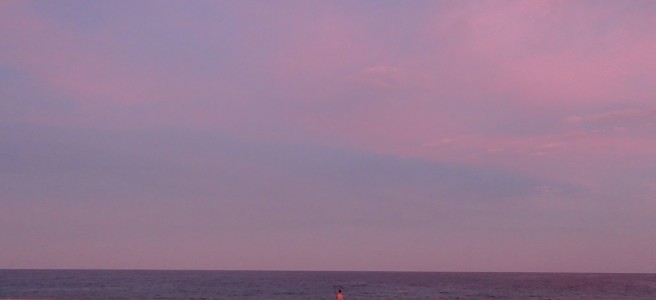Al Allen, from what I recall, is not a tall man. By my junior year in high school his thinning black widow’s peak stopped just above my shoulder. He had the paunch of a man in his 50s that crept past his belt and had a way of picking up ink from the white board on the wall as he moved back and forth across the room.
He addressed us by barking last names, or nicknames, or grossly phonetic caricatures of Christian names, but almost never what our parents had in mind. In my class was Peanut, Giraffe, Steed, and Pa-owl-la, among others. I remember him being a kind of excitable little man who routinely yelled at us to “shut up.”
He also had the uncanny ability to appeal to a roomful of comatose, bleary eyed sixteen year-olds and make trigonometry absolutely fascinating.
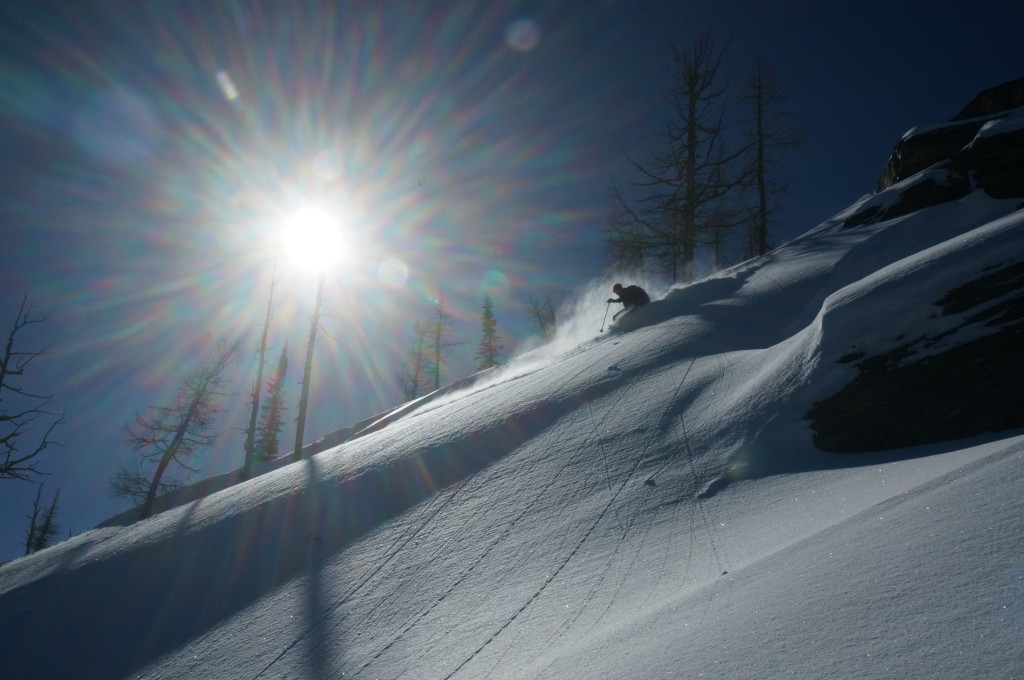
Al’s (we called him Al) uncouth approach to instruction was disarming. After a lifetime of tutelage-through-obedience, this class offered an early glimpse of how fun and important learning through collaboration and mutual respect can be. In less than a semester I went from never actually quite learning my multiplication tables to deciding to study math in college.
I can think of two other teachers who’ve shaped me this much, but I can only remember a single lesson from his class. Of course what I remember has nothing to do with math.
A2 (sometimes we called him A2 ) also coached the basketball team. If he was a good math teacher, then he was a great basketball coach, apparently, and saw numerous players progress to the NBA over 21 years at the helm of the team. That role blurred with teaching. He brought energy from the court to the classroom, and acted as a mentor for players who might not have guidance elsewhere. His office was usually occupied by a student athlete working on homework or studying between classes.
I overhead a conversation once between Coach Al and a girl who was unsure of whether or not to try out for the varsity team. She’d played as a freshman and a sophomore, but didn’t know whether she wanted the additional commitment of a varsity sport.
“What do you mean you’re not sure?” he asked her. “It’s not up to you right now. You haven’t made the team yet, so don’t worry about it. Try out, and if you make it, then you can worry about all that.”
I understood, at the time, that she was a shoe in for the team, but he was right. She didn’t really have an option yet.
I’m not planning on trying out for a basketball team any time soon, but the advice holds up. It’s easy to stop short of applying for a job because you’re not sure if you’ll like it, or not looking at grad school because you don’t really want to move, or to not strike up a conversation with that girl at the coffee shop on the off chance that she’s boring.
But by walking away from something before you apply yourself, you’re making a decision that isn’t yours to make. No matter how good you are, how smart, or how attractive, if you assume that you’re a good fit, then you’re probably not.
Most of us have something on the horizon that we think we’d like to do, but aren’t really sure. It’s easy to talk ourselves out of taking a crack at it just for that reason: we’re not totally sure. Maybe the timing is wrong, or we don’t have all the information, or we’re still figuring out what it is that we really want.
The fact of the matter is that until you’ve got an offer, it’s really not up to you. All you can do is put your head down and try, an worry about some of the logistics later.
You might just find that having hard decisions to make is a good thing.
Like
